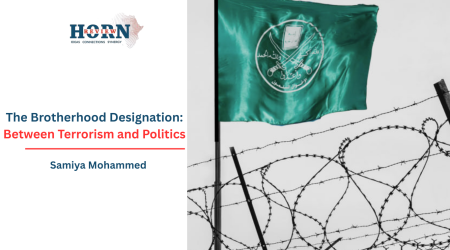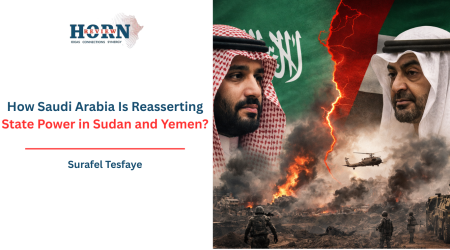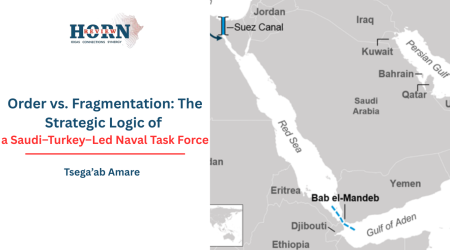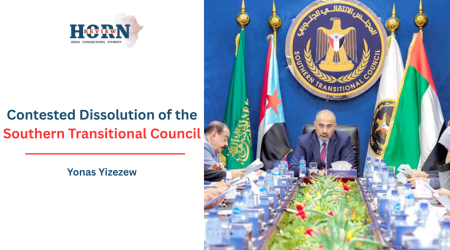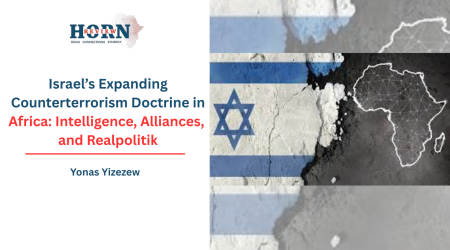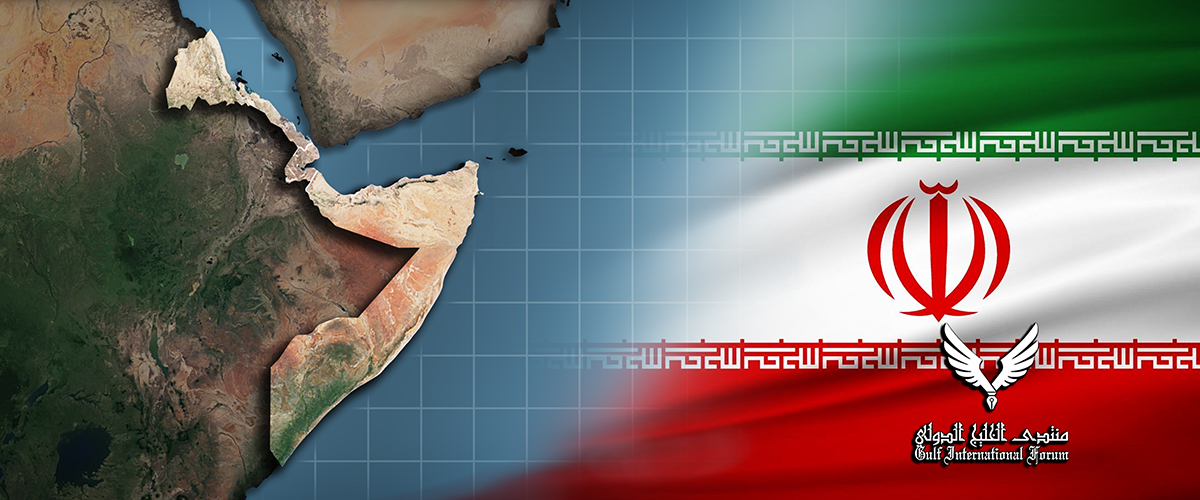
5
Jun
Assessing Geopolitical Risks: The Strategic Implications of Somalia’s Engagement with Iran
The Indian Ocean breeze, once a harbinger of maritime trade and monsoon winds, now carries whispers of a quiet but consequential geopolitical shift. Somalia, long entangled in domestic instability and regional rivalries, appears poised at the heart of a delicate and covert realignment – one that may tether its future to the ambitions of the Islamic Republic of Iran and its most formidable military arm, the Islamic Revolutionary Guard Corps (IRGC).
This emerging alignment was signaled in April, with the unpublicized visit of Iraq’s Interior Minister, Abdul Amir al-Shammari, to Mogadishu. Al-Shammari, a seasoned Shia military figure with well-documented ties to Iran’s regional apparatus, presented his visit as one of fraternal engagement and counterterrorism cooperation. However, beneath the veneer of diplomatic cordiality lay a draft agreement – reportedly accompanied by a confidential annex – that hints at a far more consequential convergence between Somalia’s federal government and the IRGC.
As a senior Somali delegation prepares to travel to Baghdad, ostensibly under the umbrella of an Arab League summit, the nature of their mission has become increasingly opaque. Central to this initiative is Abdullahi Mohamed Ali, widely known as Sanbaloolshe, a dual British-Somali national and former intelligence chief whose presence in Baghdad is expected to go beyond mere ceremony. According to regional intelligence sources, he is slated to meet not only with Iraqi counterparts but with senior officers from the IRGC’s Quds Force – the same division known for its operations supporting Hezbollah in Lebanon, the Houthis in Yemen, and militias across the wider Middle East.
The implications of such engagements are profound. Should Somalia move further into Tehran’s orbit, it risks being cast as a new front in Iran’s strategic competition with Saudi Arabia, the United Arab Emirates, and their Western allies. Domestically, this trajectory threatens to aggravate tensions with Puntland and Somaliland – semi-autonomous regions that have cultivated closer ties with Western and Gulf partners and have shown increasing receptivity to Israeli and Emirati engagement.
Iran’s interest in Somalia is not born out of ideological affinity; it is rooted in geopolitical calculus. The Horn of Africa sits adjacent to the Bab el-Mandeb Strait – a critical maritime chokepoint through which a substantial portion of global trade flows. Over the past several years, Iran has observed with growing concern as the UAE, often in coordination with Israel, has established a presence in Puntland, including radar installations aimed at monitoring Houthi missile activity across the Red Sea. In response, the IRGC appears to be orchestrating a counterweight: encouraging strategic engagement between its Houthi allies and Somalia’s Al-Shabaab militants.
Indeed, credible intelligence has surfaced suggesting exploratory contacts between Houthi operatives and Al-Shabaab leadership, with the former reportedly offering material support and military training in exchange for influence along Somalia’s coastline. The potential fusion of these two groups – both ideologically driven and operationally experienced – would represent a grave threat to regional stability, with ramifications extending well beyond Somalia’s borders to Ethiopia, Kenya, and the broader Red Sea corridor.
For Somalia’s federal government, the allure of Iranian-backed support may reflect both strategic desperation and political calculation. The Somali National Army remains under-resourced, fragmented, and heavily reliant on African Union forces and Western assistance. Iraq’s experience in counterinsurgency, shaped through its battles against ISIS, presents an attractive template for a government grappling with an entrenched insurgency. Yet, the cost of this alignment may be the erosion of Somalia’s sovereignty and further alienation from its traditional security partners.
Internal divisions within the Somali government have reportedly deepened over the question of Iranian engagement. Some officials view Tehran as a necessary counterbalance to the UAE’s unilateral actions in Puntland, where Emirati-trained security forces operate independently of federal command. Others warn that entanglement with the IRGC could jeopardize vital Western support and further fragment the country’s already tenuous federal framework.
As one Somali official, requesting anonymity, observed: “The federal government cannot assert authority over Puntland or Somaliland, but Prime Minister Hamza is particularly sensitive to the Israeli footprint in those regions – especially in light of recent events in Gaza.” This statement underscores a troubling reality: foreign policy in Somalia is increasingly driven by ideological and symbolic considerations, rather than national security imperatives.
Should Iran succeed in establishing a strategic foothold in Somalia, it would not only gain leverage over vital maritime routes, but it would also secure a new platform from which to pressure its Gulf rivals and disrupt Western-aligned security arrangements across East Africa. The United States, through AFRICOM, has provided discreet but significant support to Puntland’s anti-ISIS operations. Turkey has established a military base in Mogadishu and invested heavily in Somali security capacity. Meanwhile, Saudi Arabia, Egypt, and the UAE continue to monitor Tehran’s movements with growing alarm.
As Somalia’s delegation finalizes its arrangements in Baghdad, this moment deserves international scrutiny. What may appear to be a routine security agreement in fact represents a critical juncture – one that could entrench East Africa into the broader matrix of Middle Eastern rivalries. If the IRGC expands its influence into Somalia, the Horn risks becoming the next frontier in a proxy contest that has already scarred the Levant and Arabian Peninsula.
The winds over the Indian Ocean may remain constant, but the political currents in Mogadishu are shifting – and they bear the scent of gunpowder, secrecy, and high-stakes ambition.
By Samiya Mohammed,Researcher,Horn Review






